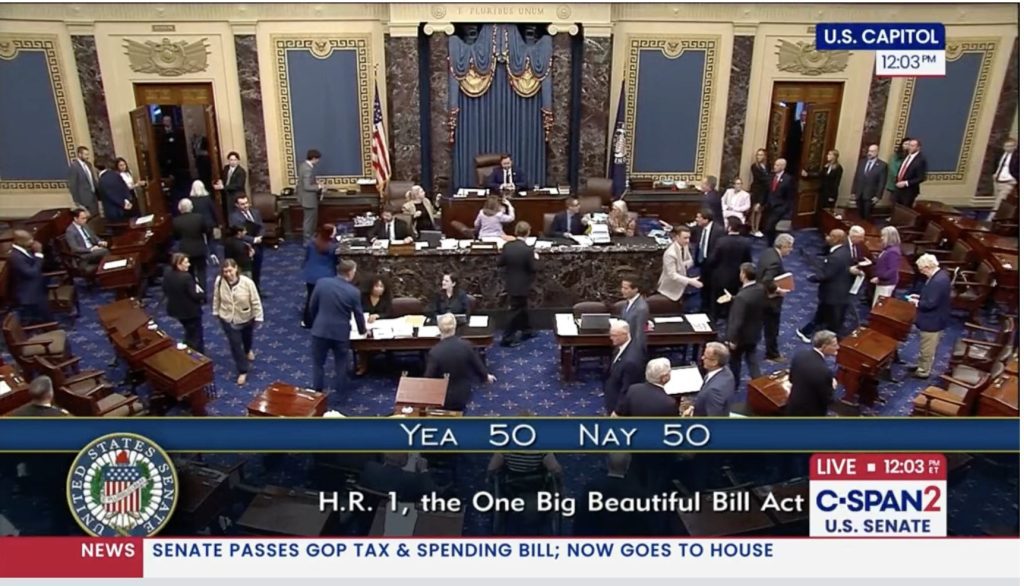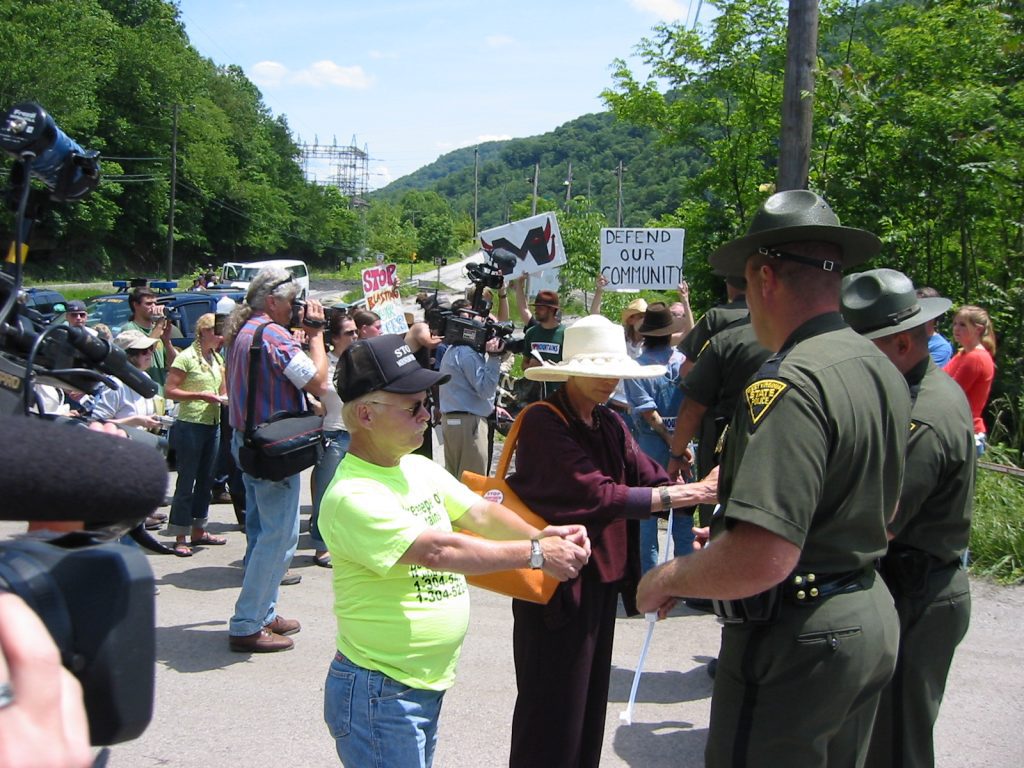Future Depends on Vision
By Bill Kovarik
Fifty years ago, America discovered Appalachia and the “sense of despair which lingers over the valleys and ridges,” as one Washington Post writer put it. Stark images of poverty aroused the conscience of the nation, and a few years later, President Lyndon Johnson traveled to Inez, Kentucky to announce his “War on Poverty.”
In 1968, Robert F. Kennedy traveled through Appalachia promoting pragmatic community institutions that could create jobs, build housing, and connect low-income communities to outside resources. It was a vision unrealized in the tumult of those bloody years.
This year, during the 2008 election, America re-discovered Appalachia. Presidential candidates focused unprecedented attention on the region, holding dozens of rallies here and promising everything from “clean coal” to better health care to an end to mountaintop removal mining.
Today, with many of the indicators trending downwards, Appalachia’s future depends not only on human compassion, but also on some remotely pragmatic thought for the future. Whether the region will continue to be a national sacrifice zone, or can achieve economic and environmental sustainability, will depend very much on Barack
Obama’s administration:
• Environment – Appalachia is disappearing at the rate of over 150 acres per day, and an area the size of Delaware has been rendered uninhabitable. Mountaintop removal mining is killing the region’s forests, animals, and culture. Not only must it end, but vast tracts of useless land and dangerous sludge dams must be cleaned up.
• Poverty – Even though enormous wealth has been extracted from the region, very little of it reaches the people. Coal jobs are declining, young people have to move, and the population continues to grow older and poorer. The lack of health care is accelerating the region’s poverty.
• Education – One of the few bright spots for the region is education, with high school graduation rates greatly improved. Yet with the recession and decreased state revenues, the costs of college are increasing, and hope is diminishing for a better educated work force and the diverse economy that educated people tend to create.
• Economy – Diversification away from extractive industries, especially coal, is crucial. Green jobs in wind and other renewable energy technologies, along with eco-tourism and sustainable farm and forest products, are among the obvious directions.
The solutions to these problems are inter-related. Investments in education lead to work forces that can sustain more diverse economies. Investments in diversified economies lead to more demand for education and less poverty.
Cleaning up Appalachia’s environmental wounds will lead to more sustainable activities and eco-tourism.
Its not just a question of boosting a sustainable economy, but rather, of healing a wounded land, bringing out its best, and conserving much of it for the future.
The survival of millions of people will depend, someday, on the quality of the water and the state of the biodiversity of Appalachia. If nothing else, an expanding population will depend on these resources. At worst, climate change will mean intensified storms and rising sea levels, which could force inland migrations of the coastal population by the middle to the end of the century.
Thus, the future of the region depends very much on long term vision and our sense of obligation to future generations.
In these pages, we present the visions and hopes of some of the region’s leaders. Their ideas range from new centers for labor research to a better sense of the sacred in the region.
Related Articles
Latest News
More Stories

Leave a comment
Your email address will not be published. Required fields are marked *


![“[There are] still a lot of individuals who need support, especially here in Green Cove, Whitetop, Konnarock — those are the communities up on the mountain,” says Little. “We were a part of Damascus, but because we are on the mountain outside of Damascus, a lot of the resources and help have not made their way here.” Photo by Jimmy Davidson.](https://appvoices.org/wp-content/uploads/2025/07/Virginia_Creeper_Trail_JMDavidson-32-1024x768.jpg)

